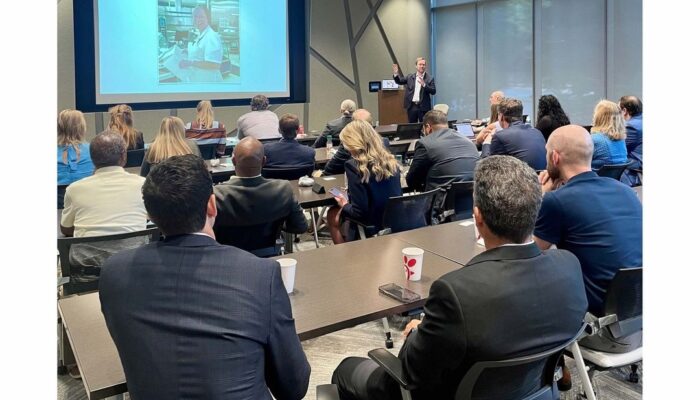Li and Chan Law Firm: Your Trusted Partners in Family Inheritance Cases
At Li and Chan Law Firm, we understand the delicate nature of family inheritance disputes. Our team of experienced attorneys specializes in navigating the complexities of such cases, offering expert guidance, and ensuring that justice prevails. We take pride in sharing a recent success story that underscores our commitment to securing our clients’ rightful legacies.
Recent Case Highlight
In a recent family inheritance case, our client, the beneficiary of a substantial estate, was faced with a formidable challenge. The deceased’s will had been contested by other family members, leading to a protracted legal battle.
The issues at hand were intricate, involving questions of testamentary capacity and allegations of undue influence. Our legal team, led by our expert inheritance attorney, diligently analyzed the evidence, leaving no stone unturned.
The Legal Battle
Our attorneys meticulously prepared a compelling case that demonstrated the deceased’s sound state of mind at the time of making the will. They skillfully refuted the claims of undue influence, providing a clear picture of our client’s relationship with the deceased and emphasizing their independence of thought.
The Victory
After extensive legal proceedings, including depositions, witness testimonies, and expert opinions, Li and Chan Law Firm emerged victorious. The court upheld the validity of the deceased’s will, affirming our client’s rightful inheritance.
Our Commitment to You
This successful outcome reaffirms our unwavering commitment to preserving our clients’ legacies and securing their rightful inheritances. We understand the emotional toll such disputes can take on families, and our approach is always rooted in empathy, discretion, and professionalism.
If you or someone you know is facing family inheritance challenges, remember that Li and Chan Law Firm is here to offer expert legal support. Our attorneys are skilled in resolving complex cases and are dedicated to helping our clients achieve a fair and just outcome.
#FamilyInheritance #LegalVictory #LiAndChanLawFirm






